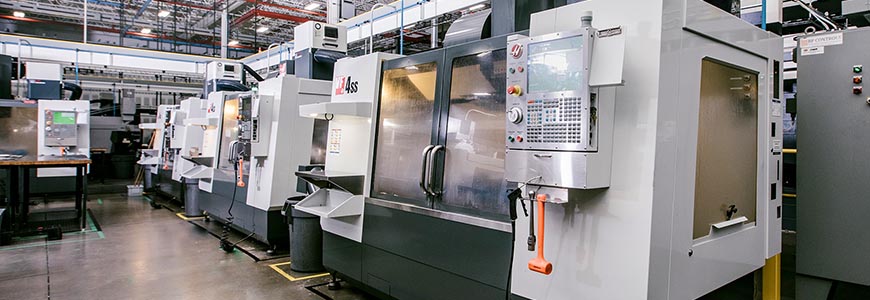Quick CNC Machine Maintenance Tips

Every machinist will testify that the soundness and performance of a CNC machine is imperative to achieving smooth operations in manufacturing. Every equipment, no matter how big or small, must therefore be maintained to prevent part damage, downtimes and total equipment failure. To prolong the lifespan of your CNC machine, proper checks and servicing must be carried out on a timely basis.
When CNC machine operation is interrupted, the cost implications can be severe; time-sensitive processes could become damaged, fuel costs may birth little returns on investment, the cost of complete replacement can be very expensive and spare parts may not be within proximity. In order to mitigate your operational risks and prevent breakdowns, you must embark on regular maintenance to save costs and keep your machines in top shape. As is the case with everything in life, prevention is always better than cure. Here’s a run-through of our quick tips for preventative CNC machine maintenance.
1. Schedule regular maintenance
One of the best preventative practices is to embark on regular scheduled maintenance irrespective of the condition of your equipment. Rather than await issues to arise with your machine, schedule check-ups based on the usage pattern of your equipment and periodic basis. You may opt to do general maintenance every 90 days or after every 5,000 units of a product has been manufactured.
Regular maintenance exercises will help to detect potential or developing issues and ensure that your machine is always running at its optimal capacity.
2. Use an employee-check system
Even with their high levels of automation, CNC machines require a reason of human interaction when necessary. Because work is most likely to be done across departments, you should establish an employee-check system that makes the machine operator most responsible for evaluating the soundness and performance of the equipment.
Asides from the fact that the employee-check system holds people responsible for maintenance, using the operator assigned to the equipment allows you to quickly identify the potential issue as they understand the condition and performance of the machine better than anyone. This also means that they will be able to gauge the variations in performance and identify problems faster.
3. Lubricate frequently
Machines, big and small, all consist of some form of moving parts in the engine, gear, handles and axis. These parts often generate frictional force that leads to gradual wear and tear. To control this wear and tear, CNC machines need to be properly and generously greased to slow down depreciation and accumulation of heat.
CNC machines are also reliant on hydraulic fluids and coolants for effective performance. Use your machine manuals to determine the best oils, grease and fluids to keep your equipment running smoothly. Also, keep track of the rate of fluid consumption of your device as fast-drying fluids and lubricants are often attributable to high operational temperatures, weather or most likely, engine problems.
4. Clean your equipment
Equipment cleaning should be done on a daily basis in every machine shop. Ensure that you clean the chips out of the pan after production and wipe down on stains on your machine part to prevent permanent spots.
For door windows and lighting, ensure that you wipe down with a clean smooth cloth to keep the inside of your machine visible. The lower parts of machines are often hubs for spiders, do a broom sweep to remove any cobwebs present.
Every 40 hours clean off the air filter in your CNC control cabinet and coolant tanks. Drain spent oils and lubricants every 150 hours and remove the jaws and chuck of your machine to remove stuck bits of material parts.
5. Know to replace old equipment
No matter how well you’ve maintained a piece of equipment, it would come to the end of its lifespan. Most machine shop owners are usually averse to retiring or rotating old equipment out of their workshops. For some people, it’s a matter of sentiment, for others, they just seem to believe they probably haven’t gotten enough out of the equipment. Whatever the case may be, every machine will become to demand more and more maintenance as it nears its end. The best practice is to depreciate your machinery over a while and dispose of it when you can salvage a reasonable amount from it. The proceeds from the sale should then be tied into another machinery that is newer and more sophisticated. This way, not only do you stay in touch with the latest technology, you are able to avoid frequent breakdowns and hedge your risk of keeping obsolete equipment for too long.
6. Avoiding costly downtimes
The average manufacturing business focuses on reactive maintenance over preventative action. This often results in costly downtimes that delay client jobs and loses customer trust. This is why your CNC machine must remain well maintained and serviced regularly.
At Premium Parts, our manufacturing equipment is all top-of-the-shelf, best-in-class equipment to deliver production parts quicker, faster and more reactively. If you do not have a CNC shop of your own and looking to run a prototype or low-volume quantity for your new or existing project, we invite you to partner with us.






